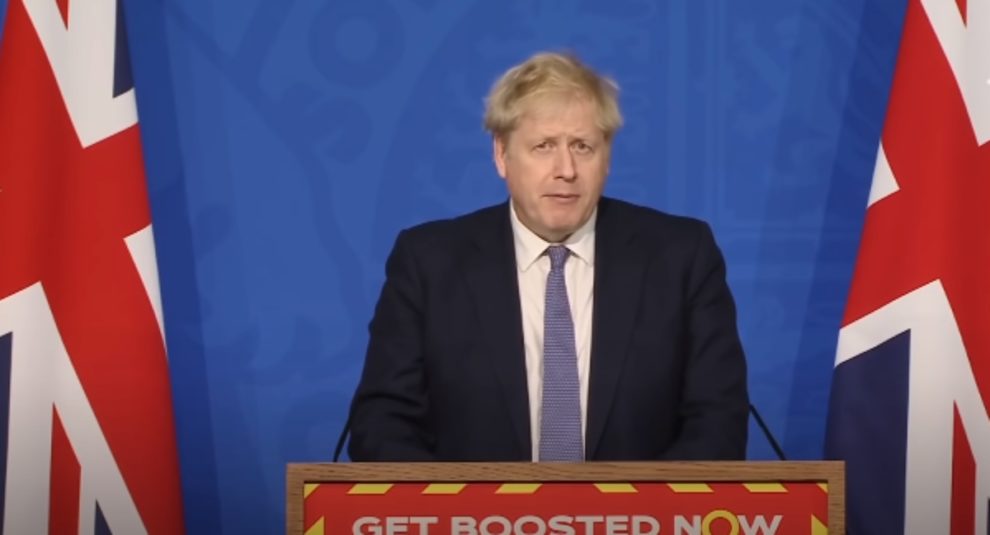Former prime minister Boris Johnson on Thursday defended his decision to delay a national lockdown during the UK’s second wave of Covid, as he faced a second day of questioning at a public inquiry.
Johnson also defended his use of the phrase “let it rip” during meetings when referring to a potential strategy of allowing the virus spread naturally through the population.
The former UK leader has faced a barrage of criticism from ex-aides for alleged indecisiveness and lack of scientific understanding during the pandemic.
Under questioning by inquiry counsel Hugo Keith about why he favoured a regional system of restrictions rather than a nationwide “circuit-breaker” lockdown as infection levels rose in October 2020, Johnson said “there were question marks” about how effective it would be.
“The virus was not evenly distributed across the country and that’s the key thing,” he said.
“Circuit breakers is a glib phrase, it actually means an immensely difficult, costly exercise which falls hardest on the poorest and neediest in society,” he added.
He claimed the regional approach had helped bring down infection rates, but that the arrival of the so-called Alpha variant shortly afterwards demanded further national lockdowns.
On his first day of evidence, Johnson apologised for “the pain and the loss and the suffering” caused by the Covid-19 pandemic.
Johnson — forced from office last year over Covid lockdown-breaching parties held in Downing Street — accepted “mistakes” had “unquestionably” been made but repeatedly insisted he and officials did their “level best”.
Keith also quizzed the former leader about his use of the phrase “let it rip” in meetings, as documented by senior scientists present at the time.
Johnson claimed “plenty of people” were using the phrase to describe a potential strategy of shielding the vulnerable and allowing the rest of the population to acquire immunity.
He also disputed suggestions that his government’s policy of offering financial inducements for people to eat out after the first lockdown was lifted had caused a rise in infections.
“I can’t see anything that conclusively shows that it made a big difference,” he told Keith.
“If it was safe to open hospitality, then it must be safe for people to go to hospitality,” he added.
Four women were evicted from the inquiry room on Wednesday after holding up signs stating “the dead can’t hear your apologies”.
Later, a crowd that had gathered outside the venue heckled loudly as he left for the day.
Nearly 130,000 people died with Covid in the UK by mid-July 2021, one of the worst official per capita tolls among Western nations.
Johnson, who has prepared a lengthy written submission to the inquiry, insisted his government’s “overwhelming priority” had been protecting the state-run National Health Service (NHS) and saving lives.
His grilling began with questions about failing to provide about 5,000 WhatsApp messages from late January 2020 to June 2020.
“I don’t know the exact reason,” he claimed, adding that the app had “somehow” automatically erased its chat history from that period.
Johnson’s understanding of specialist advice was doubted last month by his former chief scientific officer, Patrick Vallance, who said he was frequently “bamboozled” by data.
His former top aide Dominic Cummings and communications chief Lee Cain both criticised their ex-boss when they gave evidence at the inquiry.
Current Prime Minister Rishi Sunak, who was finance minister during the pandemic, will face the inquiry on Monday.
